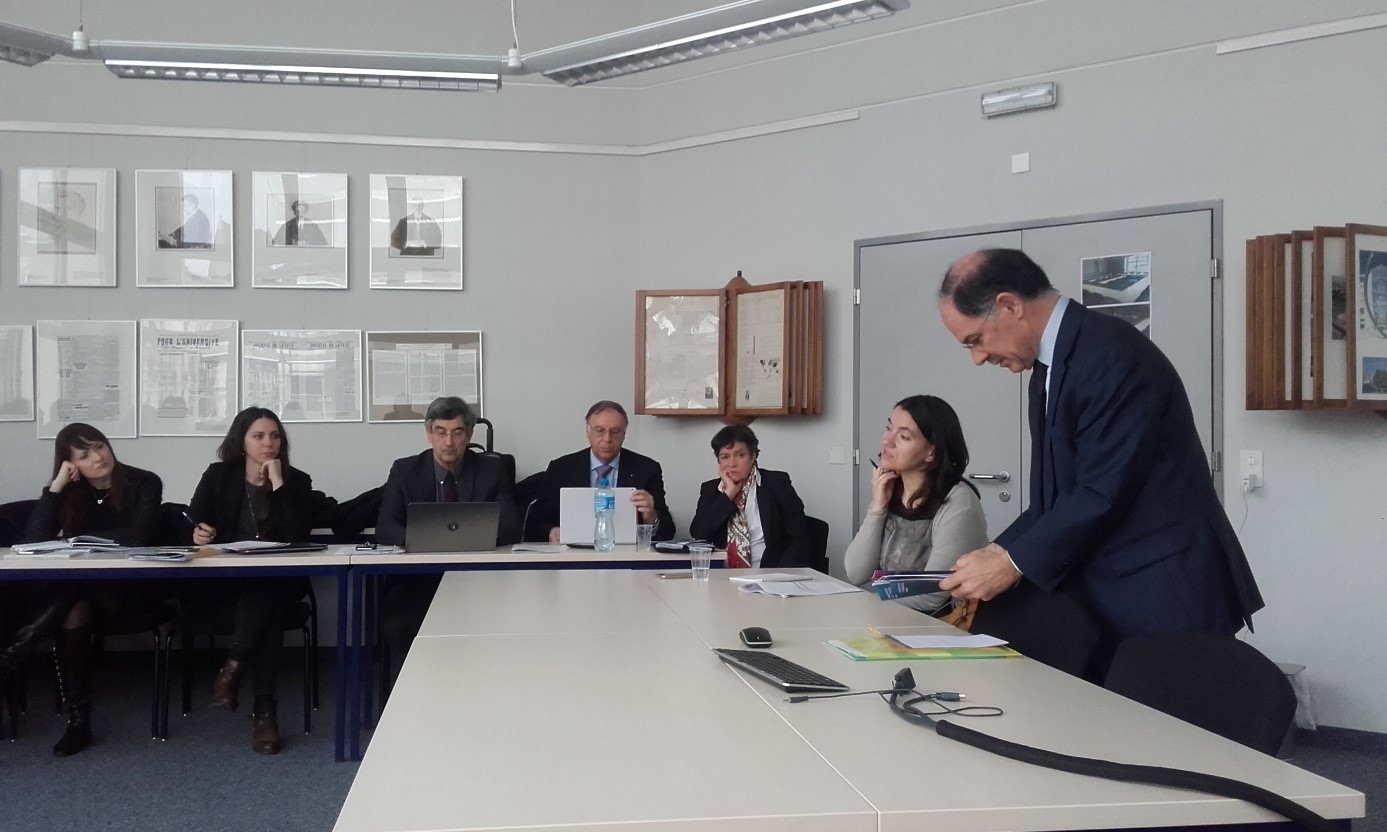IIEP, together with the Council of Europe, organised a study visit on Higher education institutions in Geneva, Switzerland: Integrity in higher education from 13 to 15 March 2018.
The visit enabled a group of officials from the Ministry of Education in Montenegro and of the University of Montenegro to learn from the Swiss experience in addressing the challenge of ensuring integrity in higher education. The group benefitted from a comprehensive set of presentations and discussions on the following issues:
- The challenges of academic integrity from an international perspective;
- The main characteristics of higher education in the Canton of Geneva, and the measures taken to promote ethics and integrity in higher education;
- Ways to take into account integrity concerns as part of the basic principles underlying university regulations and governance mechanisms;
- The Chart of Ethics adopted by the Committee of Ethics and Deontology of the University of Geneva and its enforcement mechanisms; and
- Procedures for investigating and using plagiarism detection software, as well as training in mediation, conflict resolution, and fact checking for PhD students and young researchers.
In the final session of the visit, the participants discussed the relevance and applicability of the Geneva experience to Montenegro. This session also highlighted the importance of tackling the issue of integrity from an institutional, individual, and social perspective. More specifically, oral reports produced in working groups emphasized the following points:
- The topic of integrity is highly relevant in the context of the Montenegro’s higher education system;
- There is a need to raise awareness about integrity issues at university and faculty level;
- Existing software for detecting plagiarism are useful, but there is a need for more in-depth investigations;
- Training on academic integrity, ethics and plagiarism are required for both Master and doctoral students;
- Case studies are useful for supporting awareness campaigns and training;
- The pressure on researchers to publish is an important issue to be addressed;
- Penalties are not sufficiently addressing plagiarism.
Finally, a brief visit took place at the United Nations Office in Geneva, offering the group the opportunity to learn more about the UN from a historical perspective.








